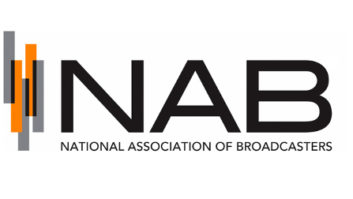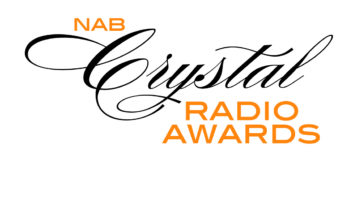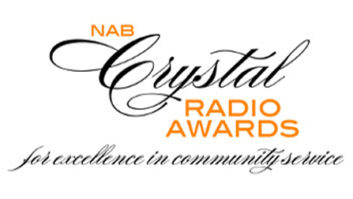Congress is poised to vote to raise broadcast indecency fines for terrestrial broadcasters. Meanwhile, NAB is raising the question of parity between satellite radio and terrestrial radio in this regard.
NAB notes that satellite radio companies often give away their service for free for a limited time to new car purchasers and in some rental cars. The broadcast association believes, therefore, that there is less of a reason to treat satellite radio differently than terrestrial radio for regulatory purposes.
NAB President/CEO David Rehr has called on the FCC to investigate the issues raised by free access to satellite radio programming.
In a letter sent to Chairman Kevin Martin, Rehr said unequal regulatory treatment between free over-the-air and satellite radio “appears increasingly unjustifiable.”
He cites recent news reports of interference complaints from listeners of terrestrial radio when cars containing FM modulated satellite radio plug-and-play Part 15 devices roll by.
“According to some reports, this interference can affect car radios at distances of one-quarter mile or more from the satellite radio device,” states Rehr. “Consumers listening to programming on noncommercial stations at the lower end of the FM spectrum have been particularly subject to the receipt of unwelcome satellite programming that could clearly fall within the FCC’s definition of indecent material. NAB member radio stations have forwarded to the FCC numerous complaints those stations received from their listeners.”
RW Online has reported on this issue, which the agency is now investigating.
The House is expected to approve a Senate bill this week that would raise the penalty for broadcast indecency from the current $32,500 for each violation to a maximum of $325,000.
XM called the letter a “desperate publicity stunt,” however it said the company continues to work closely with the FCC to ensure that its radios comply with the regulations.
Sirius did not immediately reply to a request for comment.
NAB Calls for Parity Between Satellite, Terrestrial Radio at FCC
NAB Calls for Parity Between Satellite, Terrestrial Radio at FCC












